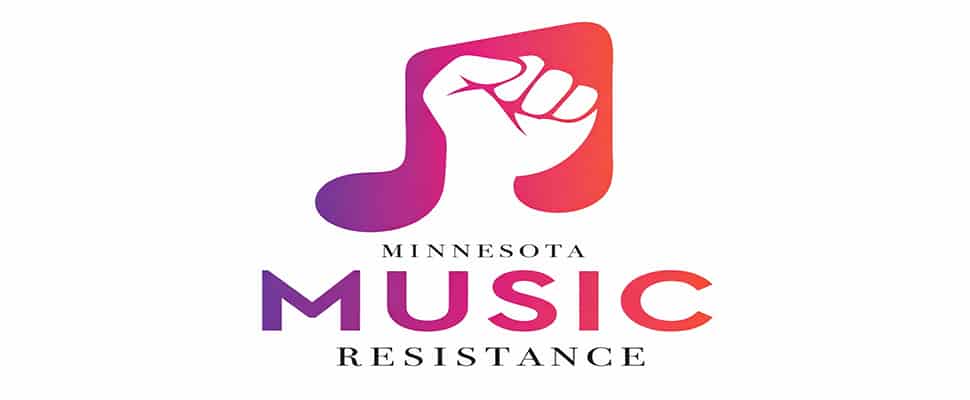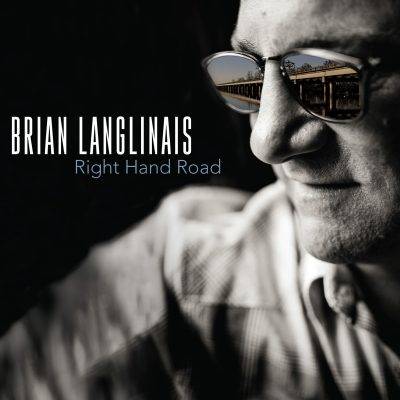Brian Langlinais Right Hand Road
Brian Langlinais
Right Hand Road
Patoutville Records
Brian Langlinais (long’la-nay) hails from Lafayette, Louisiana. His father was a sax player with The Shondells the first swamp pop super group. In college Langlinais double majored in trumpet and vocal performance eventually settling on the latter. Langlinais music is heavily influenced by his deep Acadian roots which can be traced back to the 1700s and the original migration of French Canadians to Louisiana. Growing up in the heart of Cajun country, he is steeped in the evocative vocals, strong rhythms, bluesy back beats and bass lines of swamp pop, and zydeco. Lafayette was home to Clifton Chenier, Stanley Dural, Steve Riley and The Mamou Playboys, Beausoleil and File; and a second home to artists like Slim Harpo and Delbert McClinton. Langlinais has absorbed all of the above and developed his own style.
Langlinais released his debut recording “Rock & Fire” in 2007. His follow up album was 2010’s “Tonight I Might” which included my favorite “Don’t Shoot the Snake in The Bottom of The Boat”. This new recording is produced by Langlinais and the BMA nominated songwriter Dave “D.L.” Duncan (“Twenty Years of B.B. King”, co-written with Curtis Salgado). It is also co-produced by Grammy winning engineer Tony Daigle who worked with Derek Trucks and Jon Cleary. Together they assembled a band including Langlinais, guitars and vocals; Patterson Barrett, keyboards and mandolin; Ron Eoff, bass; and Bryan Brignac, drums and percussion. Guest musicians include James Pennebacker, guitar; Steve Conn, piano, organ and accordion; Lynn Williams, drums; Duncan, resonator guitar, and Daigle, acoustic guitar. The album was recorded at studios in both Lafayette and Tennessee.
Six of the ten songs are new originals written by the songwriting team of Langlinais and Duncan. “You Can’t Say I Didn’t Love You” is a great vocal featuring Pennebacker’s guitar and Conn’s piano. Most notable however is the horn section of Roy Agee, trombone; Steve Herman, trumpet; and Randy Leago, saxes. The horn arrangements are also by Leago.
“Louisiana Love” is another good vocal featuring the horns and Brignac’s second-line beats. My favorite vocal however is “One Desire” featuring Langlinais on rhythm guitar and Barrett on both piano and organ; Daigle and Charlene Howard sing the background vocal.
Two of my other favorites are the title track “Right Hand Road” and “Our Love is Slipping Away”; these both feature Duncan on the resonator guitar and Barrett on the mandolin. The production on these is more stripped down.
The selected covers include a swampy version of Wilson Pickett’s “Don’t let The Green Grass Fool You” featuring the horns and Conn on accordion; Willie Dixon’s “Don’t Go No Further” with Barrett’s piano and Pennebacker’s guitar; William Bell’s “Everyday Will Be a Holiday” including the horns and a backing vocal by Jonell Mosser; and Wayne Scott’s “It’s the Whiskey that Eases the Pain” once again featuring Brignac’s second line back beats.
The fine production makes this genre crossing album one that Langlinais should be proud of. It should receive a considerable amount of airplay on Americana and blues radio stations.
Richard Ludmerer
Discover more from Making A Scene!
Subscribe to get the latest posts sent to your email.









